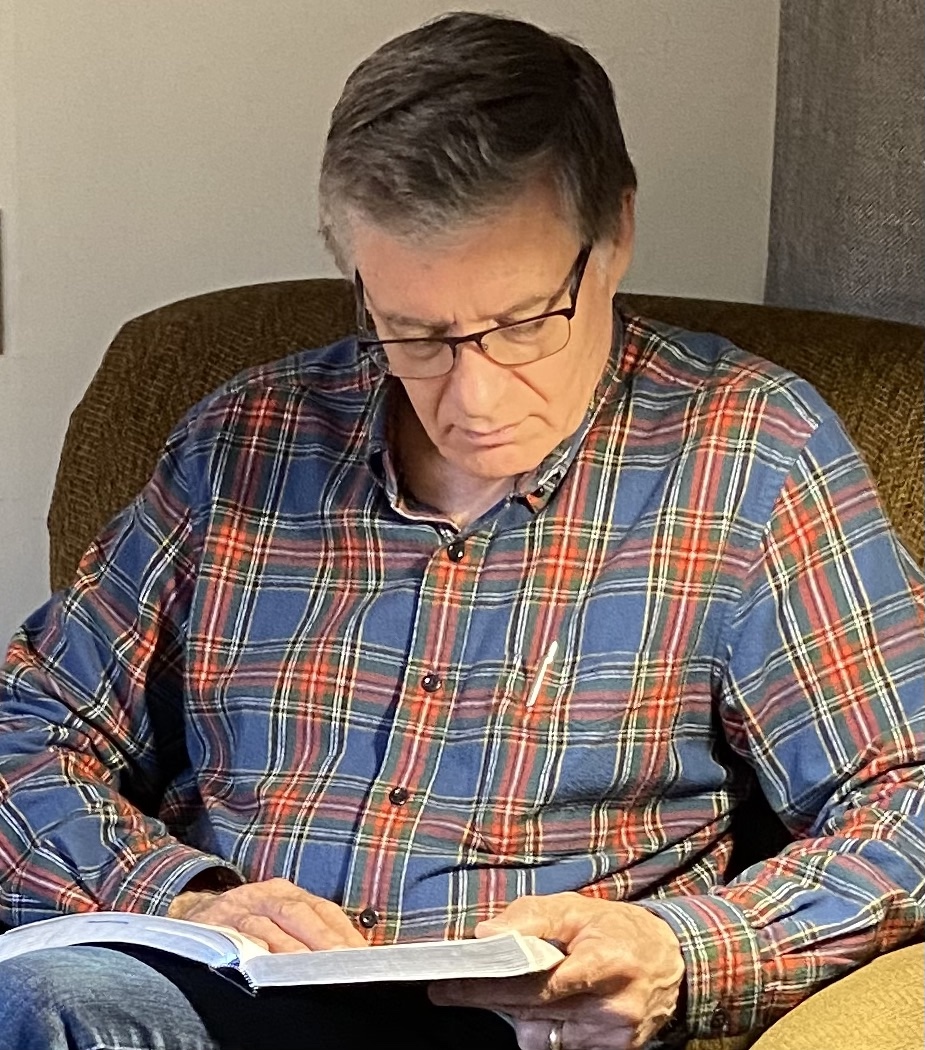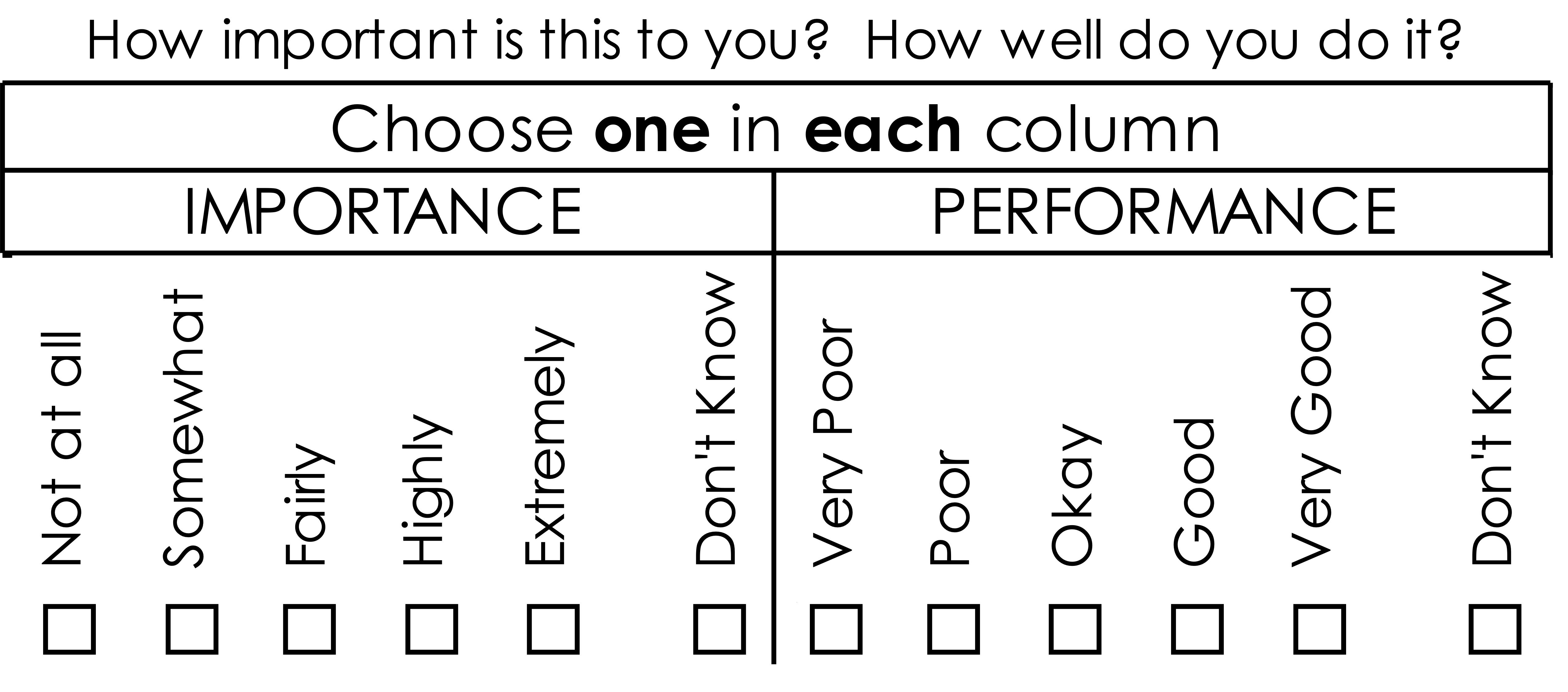Distinguish Between Needs and Wants
- Home
- Basic Productivity Skills
- Distinguish Between Needs and Wants
The ability to distinguish between needs and wants is an essential element of self reflection in leadership. It can make the difference between success and wasted effort, between meeting the opportunity or being mired in personal agenda.
Ask yourself, “Is this something I want to be doing right now? Or is it something I need to be doing right now?” Be attentive to the vital few things that can move you closer to our desired outcomes.
When you determine what is needed right now, pursue it with an 'I will' attitude. Don’t let something else get in the way.
This doesn’t mean that you squeeze the spontaneity and fun out of life. It simply means that when it is time to work, you focus on what is important. By doing that, you will create extra time to do the things you want to do later on.
"Until one is committed, there is hesitancy, the chance to draw back, always ineffectiveness. Concerning all acts of initiative (and creation) there is one elementary truth, the ignorance of which kills countless ideas and splendid plans: that the moment one definitely commits oneself, then Providence moves too. All sorts of things occur to help one that would never otherwise have occurred."
Johann Wolfgang von Goethe
Five Days of Coaching to Distinguish Between Needs and Wants

DAY ONE
Today ask yourself how well you have been at exercising self-leadership. Do you maintain focus and sustain effort when it's time to work? Ask yourself some tough questions and give honest answers.
The Coach asks:
- What's your record on self reflection in leadership? How well have you been able to distinguish between needs and wants? Which have you generally moved forward with? How were you affected? How was the organization or company affected? How have those around you been impacted by your decisions? Take the time to take a critical look at yourself around this practice.
- How would you like to be functioning when it comes to discerning the difference between wants and needs?
- What needs to change to enhance what you already do? Or, what needs to change to radically adjust how you now handle wants and needs?
- What are you willing to think about? Do? Stop doing?
DAY TWO
Be very aware today of the 'I want tos' that distract you. Capture those fleeting thoughts. Practice impulse control and keep doing what is most important.
The Coach asks:
- Give some thought to how often in a day your immediate wants distract you from what is needful right now.
- What kind of self-talk roles through your mind at these times? Is it helpful or hindering?
- How would you define impulse control when it comes to wants and needs?
- Practice pausing today and giving thought to what it is you might feel the impulse to pursue. Ask if it is needful. Then make a more thoughtful decision. That pause to consider will often preserve you from acting to hastily.
DAY THREE
Today, notice your list of priorities. Do they reflect the highest and best use of your time to achieve those things that are most important? Begin making your to-do list reflect the true priorities.
The Coach asks:
- How much of your daily to do list ends up being written down? Or does the real to do list end up something much more dictated, and maybe hijacked, by the moment?
- Relate wants and needs to your daily schedule over the last week. How do the two relate? Not bear any resemblance? How can that be rectified? Take steps to do it.
- When are wants most important? When do needs take priority? When can either cause challenges to you or your team?
- What are you learning from spending time working on this practice?
DAY FOUR
Practice an 'I will' attitude. If something is important, make a definite commitment to it. Put the wheels in motion and move forward on it. Notice how often 'I will' is in your language today.
The Coach asks:
- Think about your default language of commitment. Is it strong, weak, or somewhere in the murky middle? How often to you commit strongly and say, "I will do "this?"
- Be intentional about saying "I will." No murky middle. Commit. Notice what happens when you do that. What are the effects on yourself and others?
- Attitude is everything. If you want change in practice, it will require a supporting and accompanying change in thought and attitude. If it's needed, purpose to make that happen moving forward.
DAY FIVE
When it's time to relax today, really relax. Enjoy yourself. Don't work. Rediscover the fun in life.
The Coach asks:
- Okay, it is possible to be so focused on an almost legal list of "needs" that "wants" get squeezed out. Again, distinguish between needs and wants, and pay attention to each at the appropriate time.
- Continue to move forward purposefully with this practice. Celebrate wins.
My God Will Meet All Your Needs

As a Christian Executive Leadership Coach I encourage Christian leaders to reflect on God's Word to add to their wisdom.
- Col 3:15 Let the peace of God rule
- Pr 15:31 Whoever heeds life-giving correction will be at home among the wise. Those who disregard discipline despise themselves, but the one who heeds correction gains understanding.
- Php 4:19 And my God will meet all your needs according to the riches of his glory in Christ Jesus.
- 2 Cor 12:9 But he said to me, "My grace is sufficient for you, for my power is made perfect in weakness."
- Lk 10:41,42 "Martha, Martha," the Lord answeredd, "you are worried and upset about many things, but few things are needed - or indeed only one. Mary has chosen what is better, and it will not be taken away from her."
If you are a leader, executive, or senior level professional looking to work with a Christian Executive Coach, I invite you to connect with me here.
If appropriate, we can meet by phone or Zoom to discuss your situation.
Record Your Progress
This is your opportunity to track your progress. Start by asking yourself how important this practice is to you? Record the importance as - not at all, somewhat, fairly, highly or extremely.
Now next to it ask yourself how well you carry out this practice. Record your performance as - very poor, poor, okay, good or very good.

The things we track, we pay attention to. Across time, come back and record your new results. You will find that as you are intentional about making improvements, you will bump your "score" up higher.
This is significant. Don't miss the opportunity to acknowledge your success, and use it as a springboard for making even further gain.
Notes
Self awareness in leadership is great, even necessary. But turning that into meaningful action that can protect us from the slippery slope of self absorption and the pursuit of a purely personal agenda disguised as leading the organization is critical.
Wise leaders, take note.
Contact me here Privacy Policy
© G.E.Wood and Associates. All Rights Reserved in all media.
G.E. Wood and Associates is an international coaching firm registered in Ontario, Canada
142 Pratt Crescent, Gravenhurst, Ontario, Canada, P1P 1P5